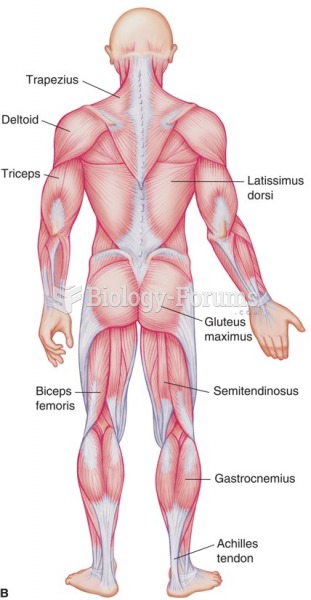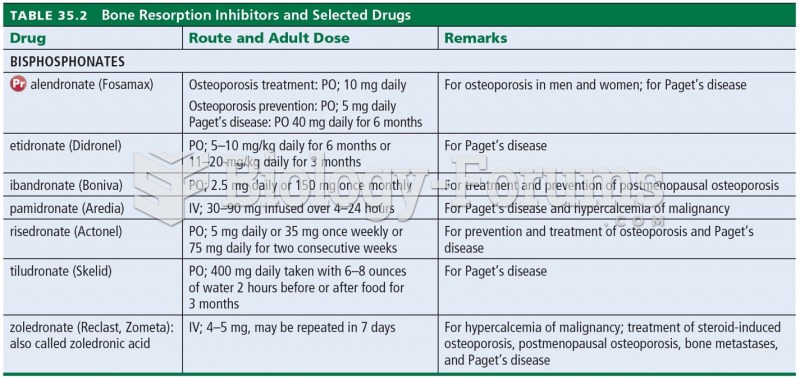Answer to Question 1
Answer: 3
Rationale: Empirical-rational strategy is based on the philosophy that humans are motivated by self-interests. If there is a personal gain related to the change, the change will be embraced. There is nothing to suggest that this strategy is being used in this scenario. Power-coercive strategy is based on the philosophy that loyalty is given to the person with the most power. There is nothing to suggest that this strategy is being used in this scenario. Empirical-rational and power-coercive strategies are not the most appropriate strategies to use when attempting to bring about changes in nursing. Normative-reeducative change strategy is most likely being used in this scenario. It is based on the philosophy that nurses' primary concerns are their professional values. Nurses resist change when it affects their ability to uphold their values and nursing standards. This strategy is often used in nursing to advance the profession through positive change. A radical intervention is an autocratic method of change. It is a sudden, drastic change that is made without adequate input from the people most affected by the change.
Answer to Question 2
Answer: 4
Rationale: The nurse manager has a specialized role when dealing with change, according to the PERM complex. She or he must collaborate with the physicians, educators, and researchers. Also, she or he has an independent role that the nurse alone must perform. The nurse manager must understand current information regarding the change. The nurse manager must be able to verbalize clear expectations regarding non-optional changes to the nursing staff members. The nurse manager must ensure that all of the nursing staff members have accepted the need for change. One of the nurse educator's independent roles during change is to prepare the students for the up-coming change. Any collaboration or meeting with the physician, educator, or researcher is an example of a shared role of the nursing manager during change.







